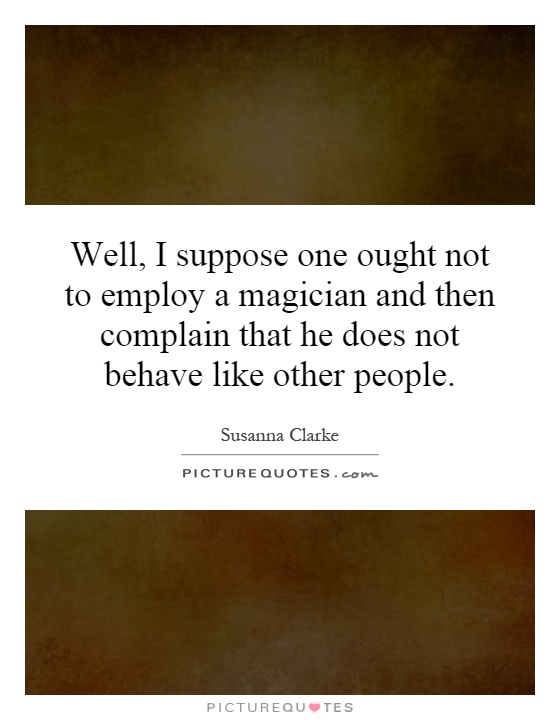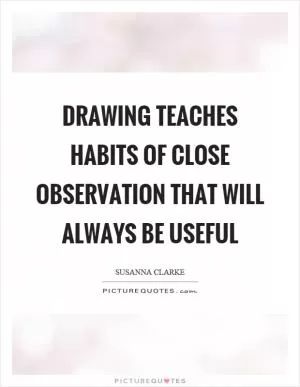Well, I suppose one ought not to employ a magician and then complain that he does not behave like other people

Well, I suppose one ought not to employ a magician and then complain that he does not behave like other people
The statement, “Well, I suppose one ought not to employ a magician and then complain that he does not behave like other people,” holds a profound truth when applied to the way we interact with individuals who possess unique talents or abilities. In essence, it serves as a reminder that we should not expect someone who is extraordinary in a particular aspect to conform to the norms and expectations of society.In the context of people, this statement can be interpreted as a call for acceptance and understanding of diversity in all its forms. Just as we would not hire a magician and then criticize them for not acting like a regular person, we should not judge or discriminate against individuals who do not fit into the mold of what is considered “normal” or “typical.”
Each person is unique and brings their own set of skills, talents, and perspectives to the table. It is important to recognize and appreciate these differences rather than trying to force everyone to fit into a predetermined box. By embracing diversity and celebrating individuality, we create a more inclusive and harmonious society where everyone has the opportunity to thrive and contribute in their own way.
Furthermore, the statement also highlights the importance of managing our expectations when it comes to interacting with others. Just as we would not expect a magician to behave like an ordinary person, we should not expect everyone we encounter to think, act, or communicate in the same way. By approaching each individual with an open mind and a willingness to learn from their unique experiences, we can foster deeper connections and cultivate a greater sense of empathy and understanding.












 Friendship Quotes
Friendship Quotes Love Quotes
Love Quotes Life Quotes
Life Quotes Funny Quotes
Funny Quotes Motivational Quotes
Motivational Quotes Inspirational Quotes
Inspirational Quotes